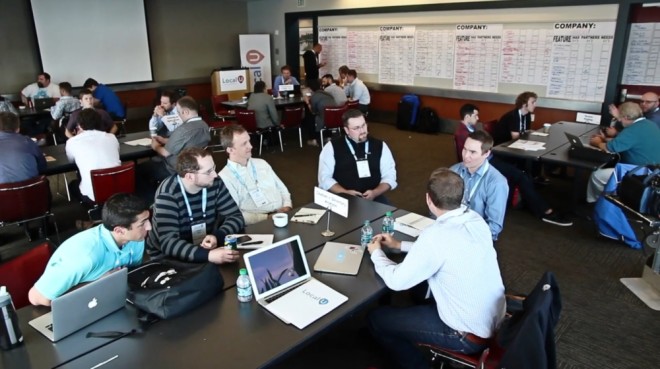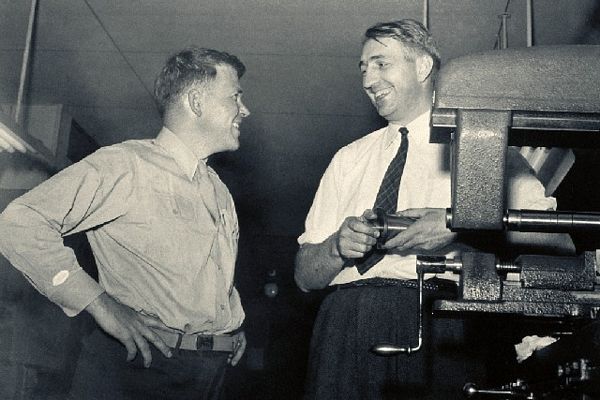
When mentors ask the following five questions in the order presented below, they can precisely form an effective analysis of the mentee and therefore can provide specific, practical guidance.
Question 1: “What are your passions? What do you want to be? What are your aspirations? What do you want to do?”
Enthusiasm is what separates good purposes and opportunism from true achievements. Professionals who pursue exceptional possibilities for their career are passionate about their objectives and persistent in pursuing their goals. Many professionals have good ideas, but only a few are dedicated enough to put themselves on the line for their passions and work hard towards their goals. Understand how your mentee defines success. Employees perform better in their jobs when they are doing what they believe matters and work towards their goals and objectives.
Question 2: “What are your strengths? What has enabled you to be successful in the past? What skill sets do you possess that will help you get where you want to be?”
Very often, leadership traits and skills tend to come together in steady patterns. Exceptional leaders with strong technical backgrounds are often also good at building relationships with the people around them, developing teams, and communicating effectively. Remarkable professionals who are exceptional problem-solvers tend to be strong-minded, self-assured, and cheerful. Strengths contain the mentee’s greatest potential for growth. Ask the mentee what his strengths are — the things he does naturally and well.
Question 3: “What do you think you will need to learn in order to do what you want to do? What constraints have you experienced in similar situations in the past? What feedback have you received?”
Building on the mentee’s strengths is not enough for success. Career success comes from delivering value to an organization and value of a professional’s work is eventually measured by the organization. Therefore, competent professionals who want to mature into great managers and leaders must stop doing what makes them successful in their individual roles and assimilate new competencies. Determine if the mentee has any self-defeating behaviors that could inhibit his success.
Question 4: “What can I do to help you succeed?”
Once you examine the drive and learning opportunities of a mentee, you need to determine what is it that the mentee would like to learn and then ask what experience you, as a mentor, have that might be helpful to the mentee. Asking this question will help you determine if you have the relevant experience and time to make this mentoring relationship effective. Analyzing the answer to this question will also help you maintain your mentoring relationship, which can be just as challenging as finding the right candidate to mentor. By understanding the development needs of the mentee, you can provide structure, expect learning discipline and rigor and establish goals that will enable you to close the mentoring relationship.


.jpg) “The best possible company management is one that combines a sense of corporate greatness and destiny, with empathy for, and fidelity to, the average employee.”
“The best possible company management is one that combines a sense of corporate greatness and destiny, with empathy for, and fidelity to, the average employee.”.jpg) “A frustrated employee is a greater threat than a merely unhappy one.”
“A frustrated employee is a greater threat than a merely unhappy one.”.jpg)

